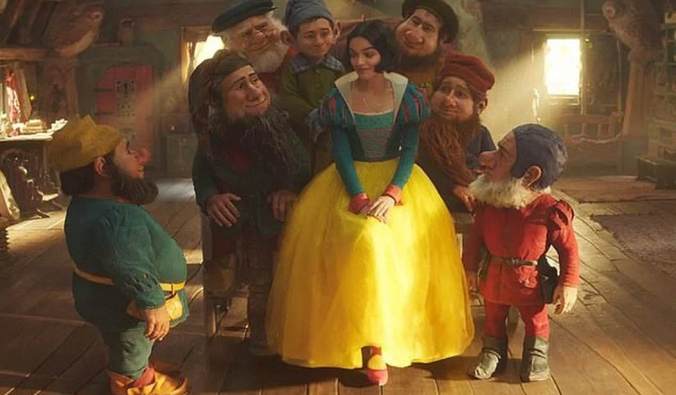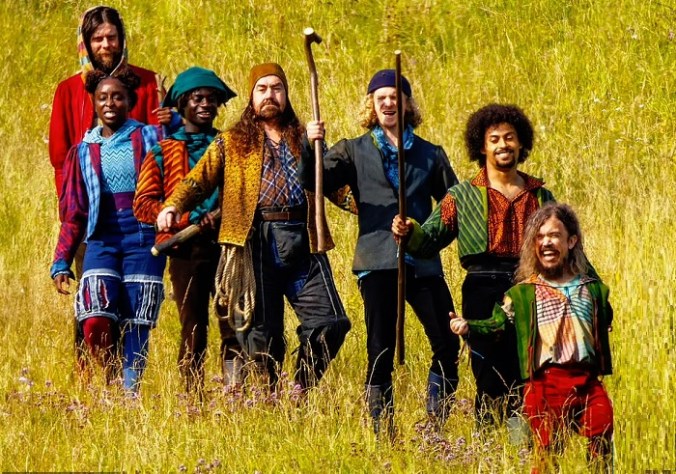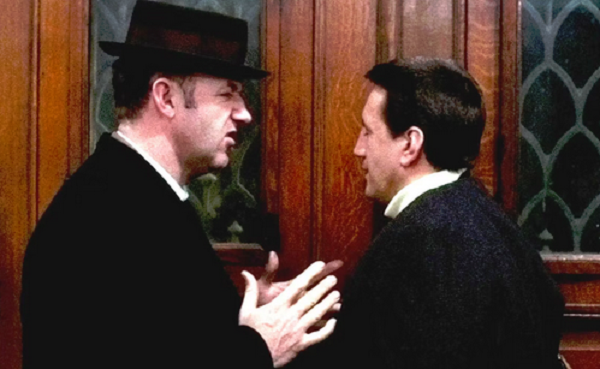Elon Musk is weird, impulsive, sometimes hypocritical and often infuriating. He is also a national treasure: a true Ethics Hero in the culture wars.
Back in 2021, Disney fired Gina Carano, one of the stars of the Disney+ series “The Mandalorian” because her social media posts were insufficiently supportive of the progressive cant Disney is obsessed with (to its financial and cultural sorrow). The triggering tweet was one in which Carano, a conservative (can’t have that in Hollywood!) compared Nazi Germany’s anti-Jewish propaganda to efforts by the political left to demonize people based on their political beliefs. Proving her point, Disney canned her, explaining, falsely, that her “social media posts denigrating people based on their cultural and religious identities are abhorrent and unacceptable.”
Carano is now suing Disney and Lucasfilms. Her complaint can be read here. She is suing under California law, which states that
“No employer shall make, adopt, or enforce any rule, regulation, or policy: (a) Forbidding or preventing employees from engaging or participating in politics or from becoming candidates for public office. (b) Controlling or directing, or tending to control or direct the political activities or affiliations of employees.”




